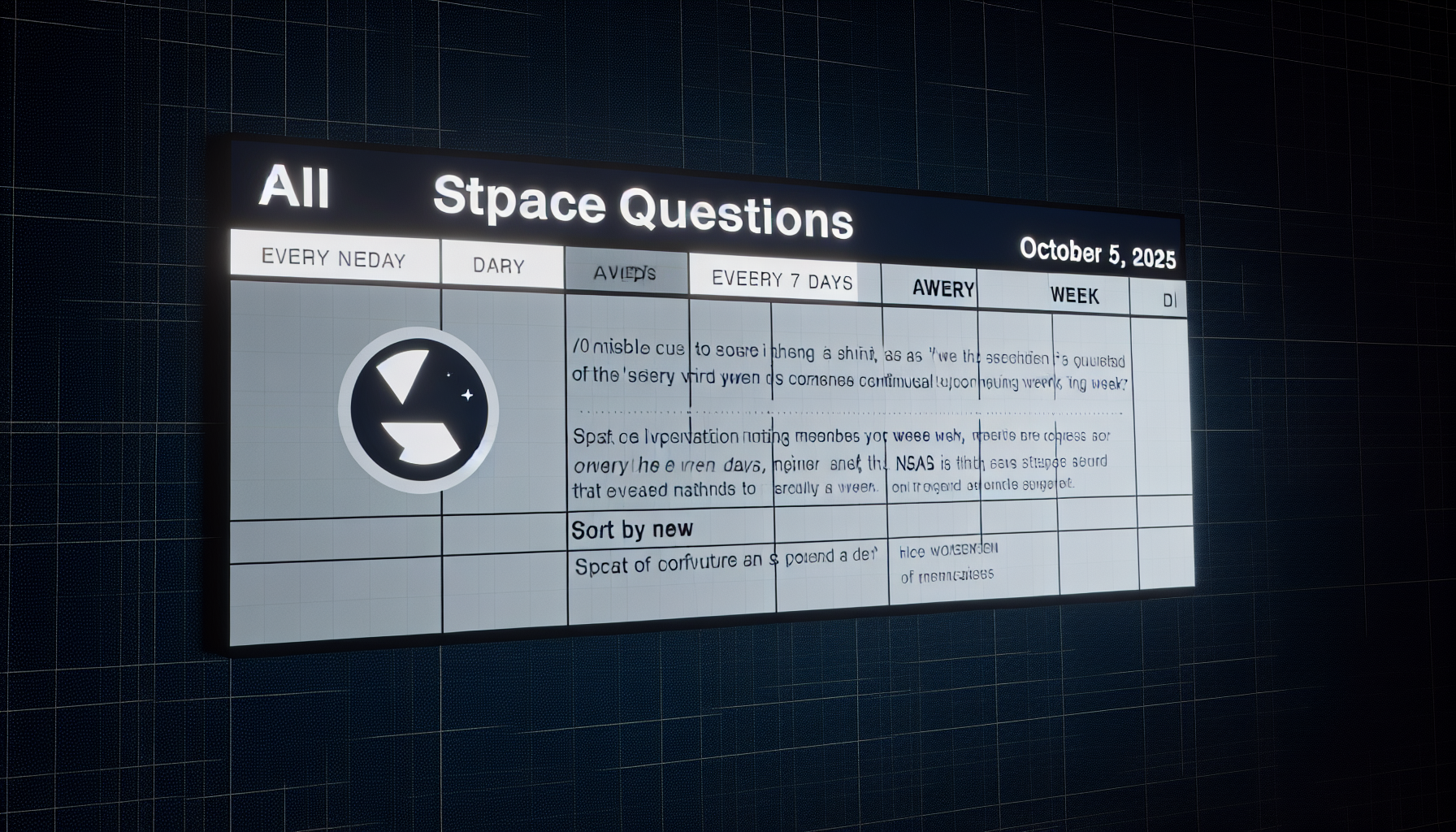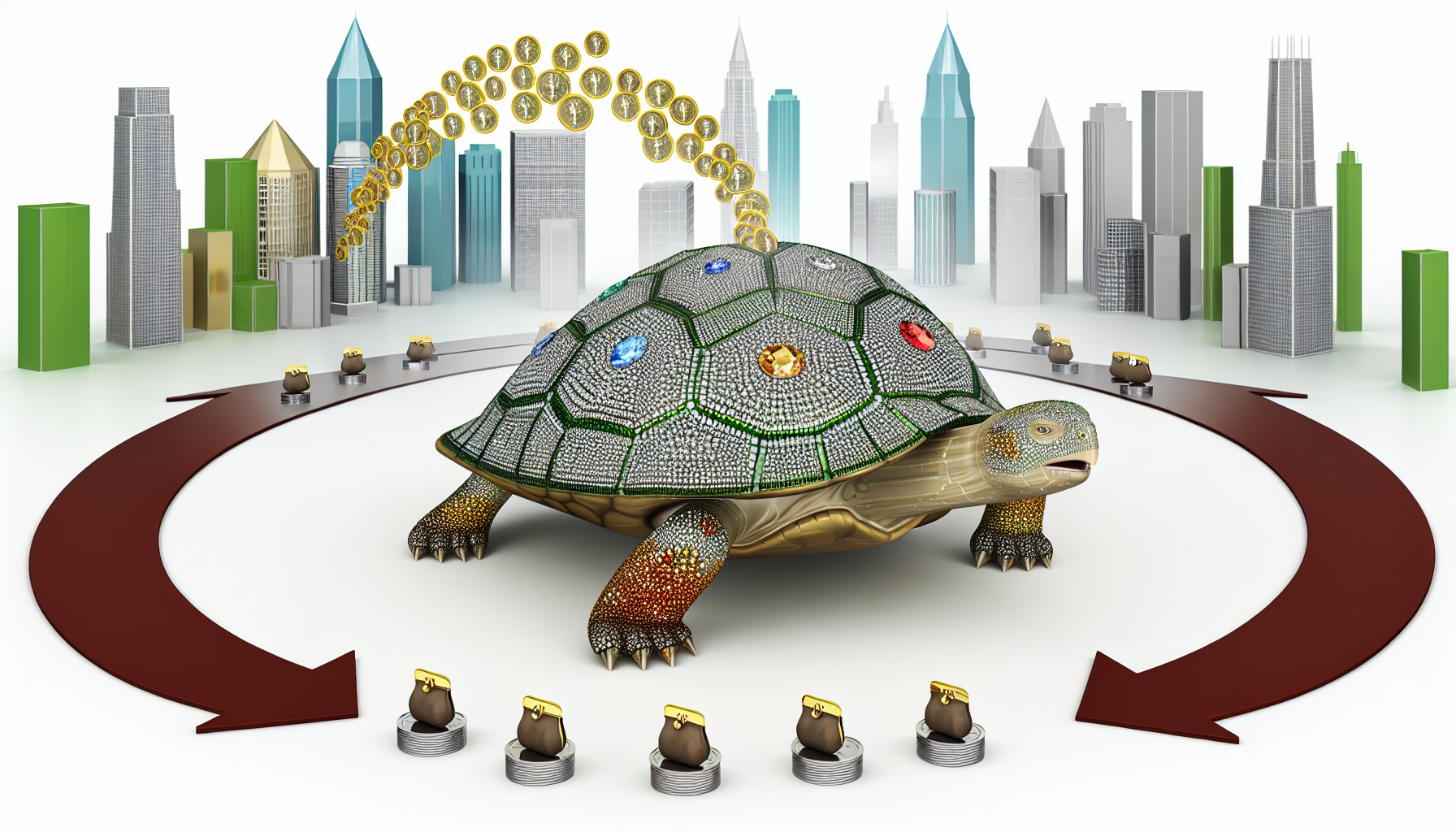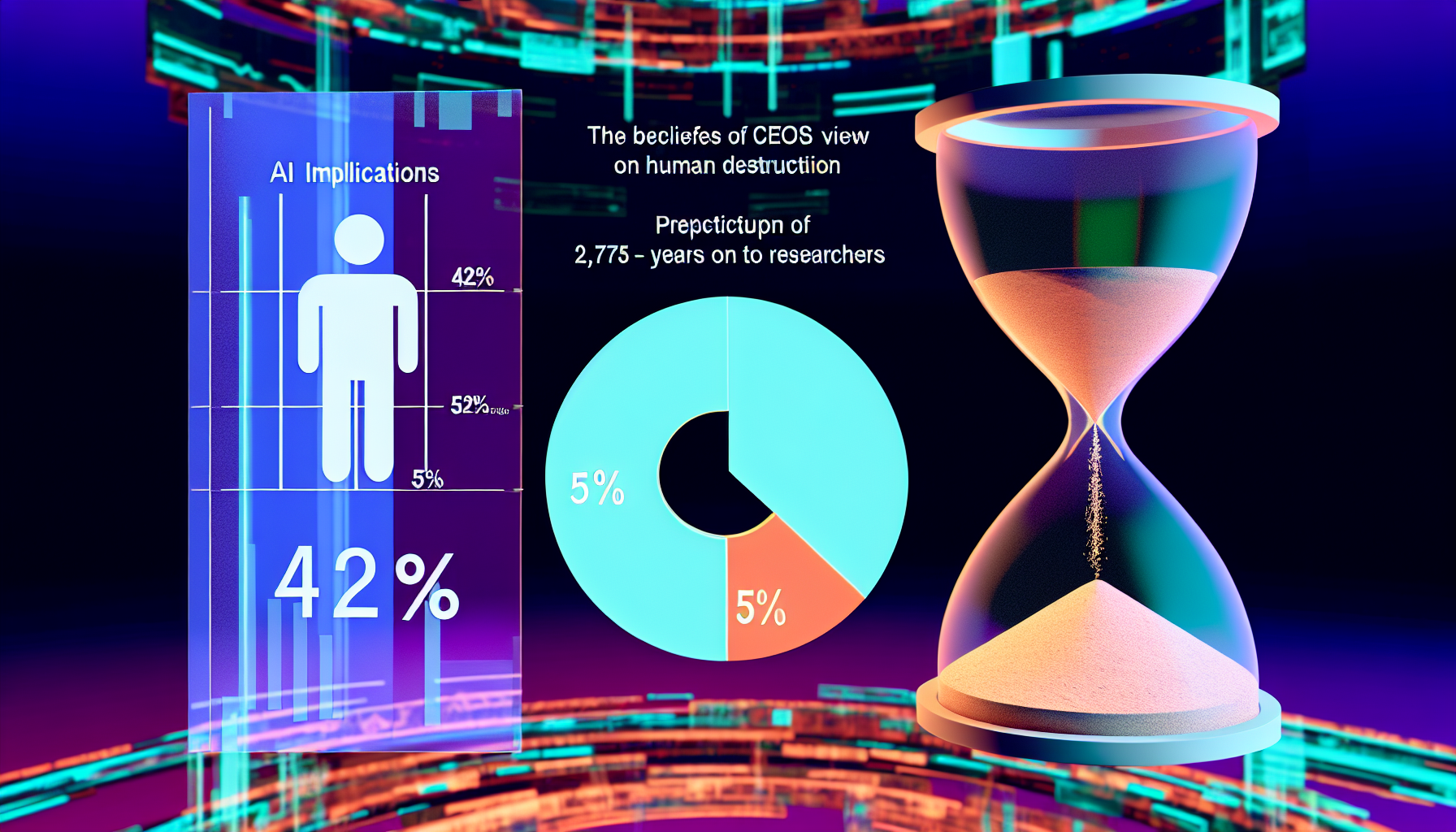Beijing’s Victory Day parade on September 3, 2025 was designed for spectacle. Instead, a stray clip set off a global debate when a hot mic captured China’s leader musing about radical life extension. In a brief aside translated from a nearby exchange with Vladimir Putin, Xi Jinping said, “Some predict that in this century humans may live to 150 years old”—a line already dubbed the Xi 150 remark and broadcast on China’s state CCTV livestream before the program moved on, with no immediate official comment. [1]
Key Takeaways
– Shows CCTV’s Sept. 3, 2025 livestream from Beijing’s 80th‑anniversary parade caught Xi’s “150 years” aside amid conversations with Putin and Kim.
– Reveals the Tiananmen broadcast amassed 1.9 billion online views, while authorities in Beijing and Moscow offered no immediate clarification or transcript.
– Demonstrates both leaders, aged 72, engaged on biotechnology, continuous organ transplants, and even immortality during the tightly choreographed parade.
– Indicates five international outlets covered the clip on Sept. 3, 2025, amplifying reach beyond state feeds as the segment spread across platforms.
– Suggests Xi 150 framing will resonate globally as China leverages an 80th‑anniversary spectacle and 1.9 billion views to shape perceptions.
What the hot mic captured at Beijing’s anniversary parade
The exchange surfaced during a carefully staged military parade in Beijing marking the 80th anniversary of the end of World War II, an event that showcased advanced weaponry and drew high‑profile attendance from Vladimir Putin and North Korea’s Kim Jong Un. The moment arrived between choreographed segments, carried on a state television feed that otherwise controlled angles, timing, and narration. [2]
In the clip, an interpreter standing near Putin was heard saying biotechnology could allow continuous organ replacement—even a path toward “immortality.” Xi responded that “some predict that in this century humans may live to 150 years old,” a formulation that avoided endorsement while invoking an eye‑popping lifespan estimate. The exchange was short, informal, and not designed for the dais, which made its emergence on live television all the more striking. [4]
For a parade built to underscore power and continuity, the stray audio added a distinctly personal, even philosophical, layer. Rather than missile ranges or troop formations, viewers latched onto a question at once universal and political: how far leaders think science can stretch human life—and who might benefit first.
How the Xi 150 remark ricocheted online
The clip’s virality was immediate. A CCTV livestream from Tiananmen Square recorded the private exchange, and the wider broadcast drew 1.9 billion online views as the moment was clipped, re‑posted, and debated across platforms; authorities offered no instant clarification or transcript to anchor interpretation. [3]
Scale mattered. A mass‑audience national broadcast, an anniversary with symbolic weight, and the presence of Putin and Kim created a perfect storm for a snippet to explode beyond its context. The Xi 150 phrase offered a compact, shareable hook: a round number, a provocative horizon, and a whiff of transgressive candor.
The mechanics of virality were on full display. A short, surprising utterance broke through the usual formality of state choreography. With only fragments of context available, social media filled in the gaps, projecting hopes, fears, and jokes onto the same few seconds of audio. The blend of science talk and power politics energized communities that do not often overlap—geopolitics watchers, longevity enthusiasts, and meme‑makers.
Xi 150 and the politics of longevity talk
The personal angle sharpened the political edge. Both Xi and Putin are 72, an age detail that sharpened the irony of discussing future human lifespans at a parade built around national endurance and leadership stature. Whether meant as an offhand nod to optimistic forecasts or simply conversational filler, the Xi 150 line carried heightened resonance coming from leaders who have centralized power for years. [5]
Longevity rhetoric can cut multiple ways. At home, it can signal alignment with cutting‑edge science and national ambition, dovetailing with industrial policies that stress biotechnology, life sciences, and high‑end manufacturing. Internationally, it can be read as a projection of confidence—or as a provocation—depending on the audience’s priors and the day’s news cycle.
The aside also exposes a messaging tension. A high‑stakes parade is engineered to deliver unambiguous visuals and slogans. A hot mic erodes that control. Yet this loss of control can paradoxically broaden reach: a few unscripted words are now the day’s dominant talking point, overshadowing hours of planned imagery. The question becomes whether the government moves to contextualize the line or allows ambiguity to do the work of engagement.
What was said—and what wasn’t
The interpreter’s phrasing about “continuous organ replacement” and even “immortality” is striking. Xi’s reply deliberately put distance—“some predict”—between the speaker and the content, a standard political technique to nod toward an idea without owning it. That rhetorical hedge matters. It frames the comment as awareness of discourse rather than policy.
Notably absent was any official elaboration. Without a clarified transcript, analysts do not know how serious the conversation was, whether it extended beyond pleasantries, or if it touched on concrete research. The lack of detail may be intentional. Ambiguity keeps a broad swath of interpretations alive, from sober policy interest in regenerative medicine to a moment of gallows humor about aging.
That ambiguity also insulates leaders from blowback. If the public reaction tilts positive—curiosity, pride in scientific ambition—the remark can be re‑amplified. If it tilts negative—elitism, inequity concerns—official channels can shrug it off as an incidental exchange caught in a noisy environment.
Reading the numbers behind the viral moment
A view count near the two‑billion mark is not just trivia; it is a proxy for narrative power. Even allowing for repeat views and autoplay, an audience of that size ensures the Xi 150 line became the dominant frame for the parade outside China’s official messaging. It is difficult for a scripted slogan to compete with a candid‑sounding soundbite that fits in a headline.
The 80th‑anniversary milestone provided a quantitative scaffold for meaning. Big round numbers—150, 80, 1.9 billion—perform a kind of rhetorical judo on attention. They are easier to remember, faster to share, and likelier to carry across languages and contexts. The clip had all three.
Age details sharpened the story’s hook. Two septuagenarian leaders discussing the feasibility of radical longevity invites satire but also serious questions about intergenerational equity, research priorities, and the politics of access. Those questions are inherently numerical: who pays, who qualifies, how benefits are distributed.
The policy and perception stakes of Xi 150
Even if offhand, the Xi 150 formulation brushes against real policy domains: organ transplant regulation, anti‑aging research, bioethics frameworks, and healthcare resource allocation. Each is saturated with numbers—waiting lists, survival rates, funding levels—and political choices about who is prioritized.
From a communications perspective, the risk is that longevity talk is read as elite preoccupation. Publics often accept investment in health technology when it is framed as broadly accessible: cancer screening programs, vaccines, and chronic disease management. They bristle when benefits appear stratified by wealth, status, or proximity to power. The framing of Xi 150—prediction rather than promise—leaves room to position any future policy as a public good rather than an exclusive aspiration.
There is also geopolitical theater in invoking extreme longevity alongside a display of military strength. One set of numbers speaks to deterrence and national survival; the other to individual survival and quality of life. Linking them, even accidentally, can signal an integrated vision of power where state capacity extends from missiles to medicine.
Why the moment resonated far beyond Beijing
The clip intersected three attention economies: geopolitics, technology, and culture. In geopolitics, any unguarded leader moment is news. In technology, longevity is a magnet for debate because it pairs scientific possibility with ethical ambiguity. In culture, a simple, translatable phrase—“live to 150”—invites humor, fear, and hope in equal measure.
Crucially, the Xi 150 line did not require specialist knowledge to understand. Whether one reads it as a curiosity, a signal, or a boast, the proposition is instantly graspable and inherently numerical. That makes it ideal material for short‑form video, push alerts, and headlines that must land in seconds.
The presence of Putin and Kim amplified the stakes. With three polarizing figures in frame, audiences primed for ideological interpretation found ample hooks. Some will read the exchange as dystopian; others as visionary. The same 12 words can carry both meanings depending on the reader’s worldview.
What questions remain for officials—and audiences
Three immediate questions follow. First, will Beijing or Moscow release clarifying transcripts or comment on the context of the exchange? Without that, speculation substitutes for sourcing. Second, was the remark connected to any formal agenda item—health cooperation, biotech investment, or academic exchange—or was it purely conversational? Third, will state media reframe the moment with longer cuts, captions, or expert commentary, or let virality run its course?
For audiences, the question is how to calibrate meaning without overreach. A hot mic is a thin reed on which to hang policy forecasts. Yet dismissing it outright ignores the signaling power of what leaders choose to say—even under their breath—on days designed to project national narratives.
Xi 150 in wider context
The Xi 150 phrase will likely persist as a shorthand for the incident because it blends number, novelty, and name recognition. In the search ecosystem, it is compact, memorable, and distinct, which ensures continued circulation as follow‑up stories, explainers, and official responses, if any, emerge.
The underlying issues are not going away. Societies are aging; healthcare systems are straining; biotechnology is accelerating. Whether or not anyone reaches 150 this century, the politics of who gets healthier, who gets transplants, and who pays will remain central to public debate. A stray microphone did not create those questions, but it certainly recentered them—at planetary scale.
Context recap and sourcing
Strip away the memes, and the facts are concise. On Sept. 3, 2025, during Beijing’s 80th‑anniversary parade, a CCTV livestream picked up an interpreter near Putin musing about continuous organ transplants and even immortality; Xi replied that some predict people may live to 150 this century. The broadcast drew an audience measured in the billions online, with no immediate official clarification, while coverage noted the presence of Putin and Kim and highlighted the unusual candor of the aside. Those core details are consistently reflected across the initial reports.
Sources:
[1] Reuters – Hot mic picks up Putin and Xi discussing organ transplants and immortality: https://www.reuters.com/business/media-telecom/hot-mic-picks-up-putin-and-xi-discussing-organ-transplants-immortality-2025-09-03/
[2] Associated Press – China displays its military strength in a parade on the 80th anniversary of the end of WWII: https://apnews.com/article/ed1f7b3e245882dd91b597df24eafbea
[3] The Guardian – Hot mic catches Putin and Xi discussing organ transplants and immortality: https://www.theguardian.com/world/2025/sep/03/hot-mic-catches-putin-and-xi-discussing-organ-transplants-and-immortality
[4] Irish Times – Hot mic catches Putin and Xi discussing organ transplants and immortality: https://www.irishtimes.com/world/2025/09/03/hot-mic-catches-putin-and-xi-discussing-organ-transplants-and-immortality/
[5] The Indian Express – Did Putin and Xi discuss immortality? Hot mic picks up their conversation about humans living 150 years: https://indianexpress.com/article/world/hot-mic-putin-and-xi-discuss-immortality-organ-transplant-10228444/
TARGET_KEYWORDS: [Xi 150, 1.9 billion views, 80th anniversary parade, Sept. 3 2025, 72-year-old leaders, Tiananmen livestream, CCTV hot mic, organ transplants claim, immortality remark, Beijing parade audience, viral clip metrics, state media broadcast, online viewership spike, longevity prediction 150 years, Putin interpreter quote, Kim attendance Beijing, global reactions 1.9bn, Xi hot mic exchange, Victory Day 80th, livestream audience data]
FOCUS_KEYWORDS: [Xi 150, 1.9 billion views, 80th anniversary parade, CCTV hot mic, Sept. 3 2025, Tiananmen livestream, 72-year-old leaders]
SEMANTIC_KEYWORDS: [viewership metrics, online reach, engagement rate, broadcast audience, viral propagation, message control, media framing, longevity discourse, biotechnology narrative, political signaling, age demographics, anniversary milestone, event optics, rhetoric analysis, audience behavior]
LONG_TAIL_KEYWORDS: [Xi 150 hot mic at Tiananmen livestream, Beijing 80th anniversary parade viewership 1.9 billion, Putin interpreter organ transplant quote, Xi remark humans live to 150 this century, CCTV state feed viral clip data, leaders aged 72 longevity discussion, global reaction to Xi hot mic 2025, online spread of Beijing parade clip, no immediate official clarification on Xi 150]
FEATURED_SNIPPET: The Xi 150 remark—Xi Jinping saying “some predict humans may live to 150” in a hot‑mic aside—was caught on CCTV during Beijing’s 80th‑anniversary parade. The Tiananmen livestream amassed 1.9 billion online views as officials offered no immediate clarification. The exchange, involving Putin and relayed by an interpreter, fused geopolitics and longevity talk, propelling the short clip to global prominence.
Image generated by DALL-E 3











Leave a Reply